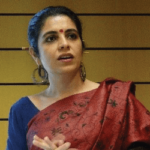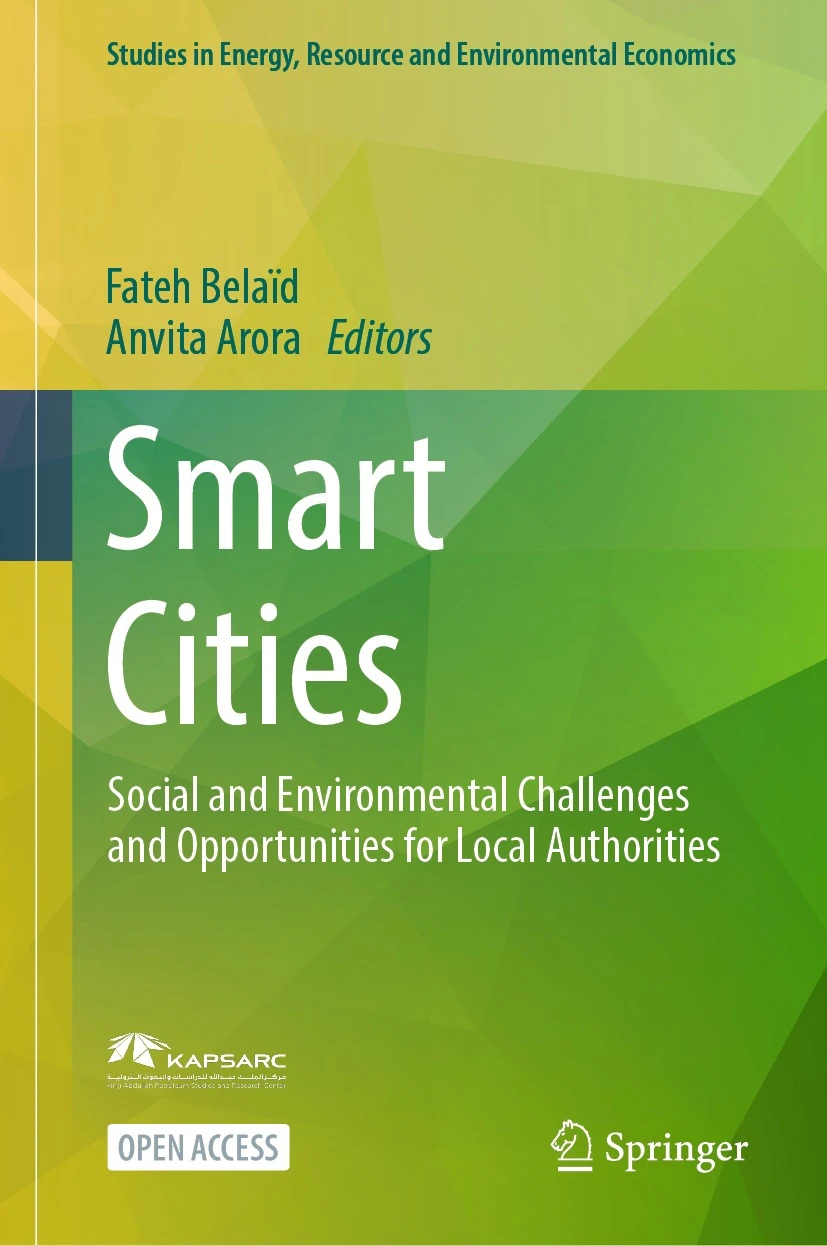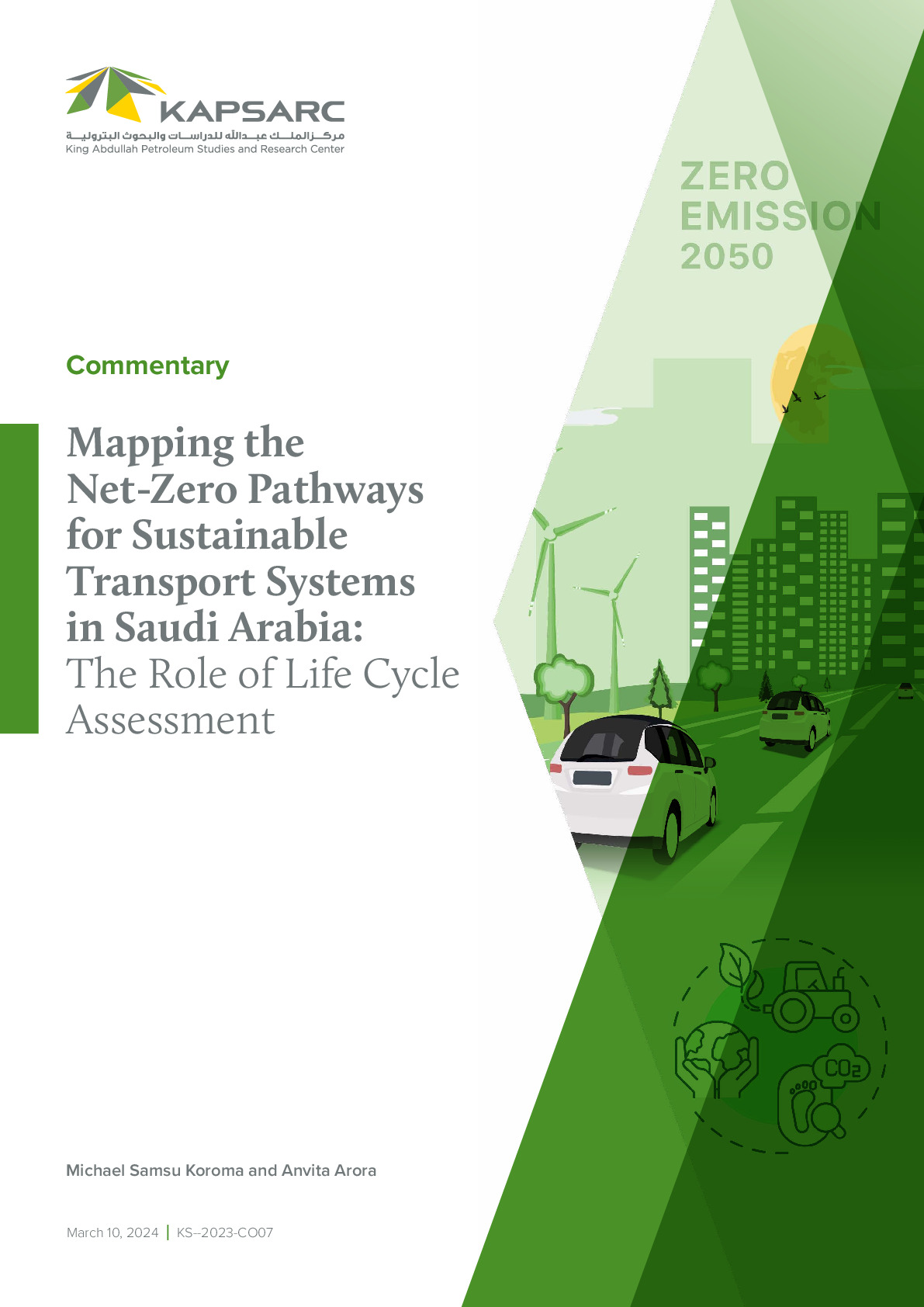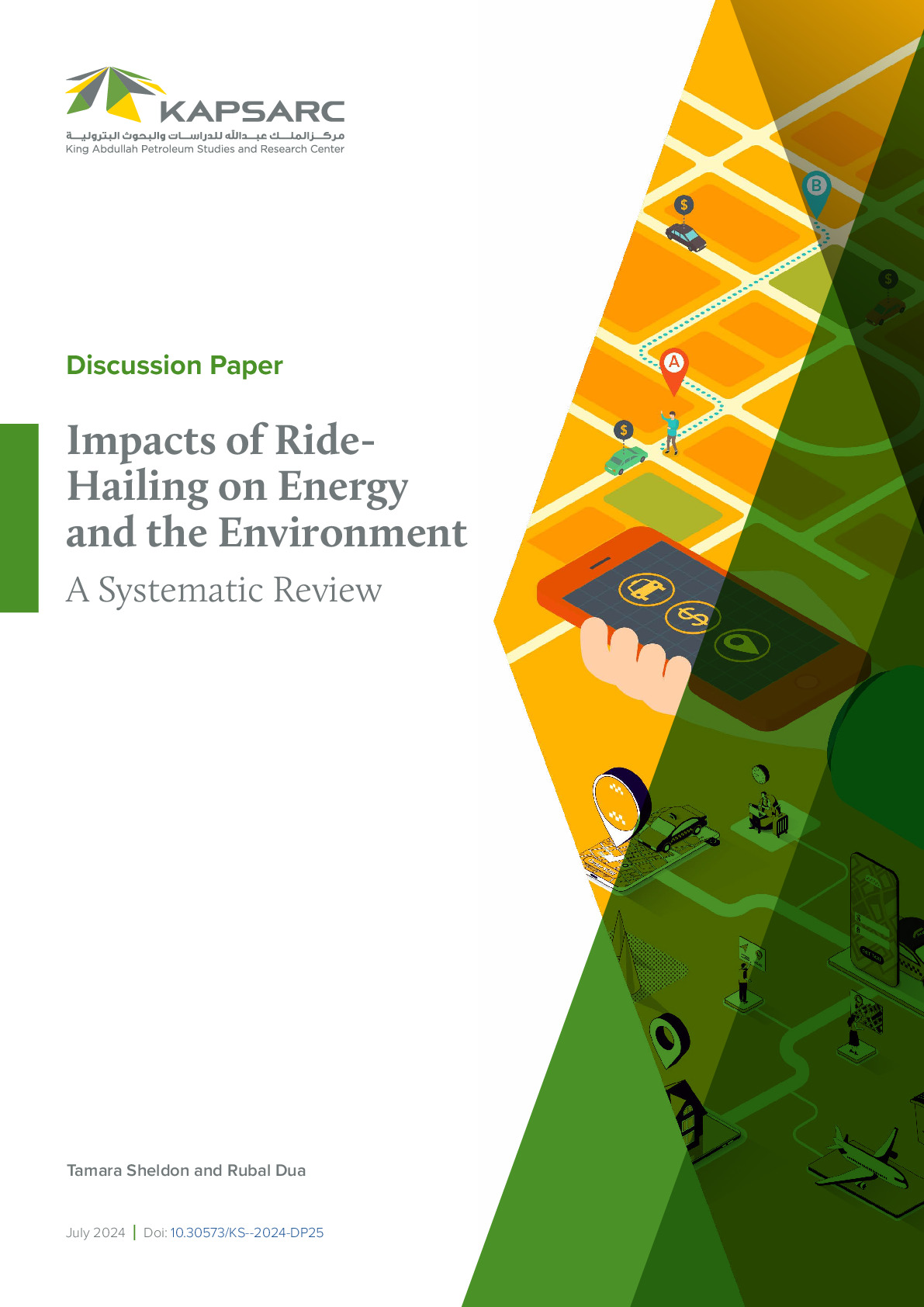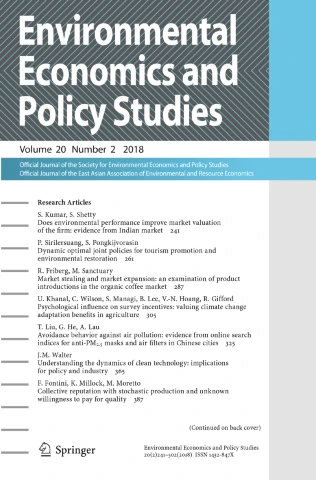Adam Sieminski was appointed Senior Advisor to the KAPSARC Board of Trustees in August 2021. Prior to this, he was the president of KAPSARC for three years. Before joining KAPSARC, Mr. Sieminski held the James R. Schlesinger Chair for Energy and Geopolitics at the Center for Strategic and International Studies (CSIS). Prior to that, he was a non-resident senior advisor to the CSIS Energy and National Security Program. He also served as the administrator of the U.S. Energy Information Administration (EIA) from 2012 to 2017 and was the senior director for energy and environment on the staff of the United States National Security Council.
Earlier in his career, Mr. Sieminski was Deutsche Bank’s chief energy economist and the senior energy analyst for NatWest Securities. In 2006, he was appointed to the National Petroleum Council (NPC), where he helped co-author NPC’s global oil and gas study.
Mr. Sieminski’s membership of leading policy and research organizations includes the roles of senior fellow and former president of the U.S. Association for Energy Economics, and president of the U.S. National Association of Petroleum Investment Analysts.
He formerly served as an advisory board member of the Global Energy and Environment Initiative at Johns Hopkins University’s School of Advanced International Studies, as chairman of the Supply-Demand Committee of the Independent Petroleum Association of America, and as a member of the Strategic Energy Task Force of the Council on Foreign Relations.
He holds the Chartered Financial Analyst (CFA) designation and holds both an undergraduate degree in civil engineering and a master’s degree in public administration from Cornell University.


